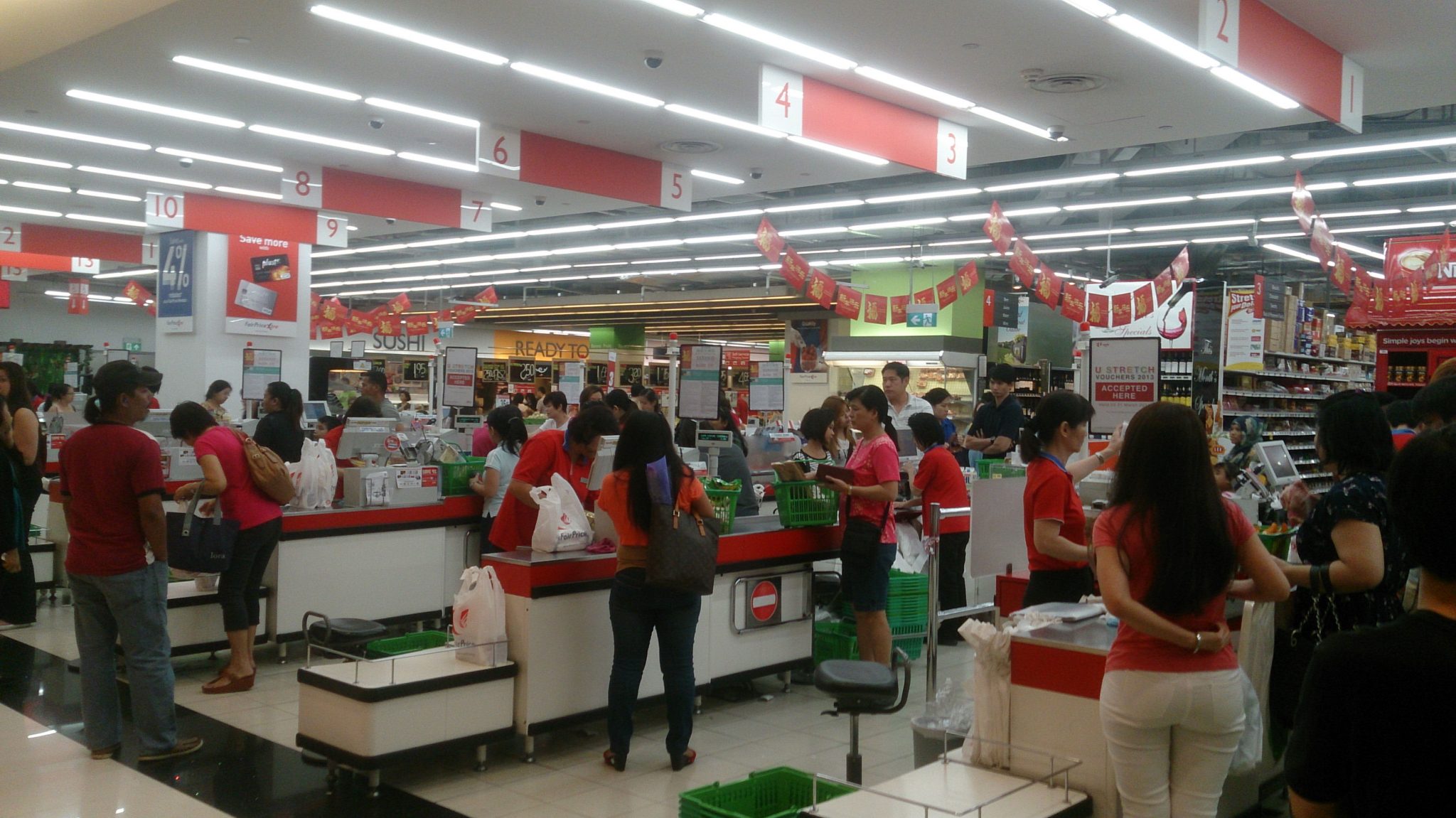Service organisations can benefit greatly from the Lean philosophy. There are, however, significant differences between manufacturing and service operations which must be recognised.
- Customer demand in a service operation can be very variable. Load-levelling to match mean demand is not an appropriate response - service organisations need to be able to vary capacity.
- The customer will often be present throughout the operation.
- The readiness of a customer to wait will depend upon the value of the service to the customer. For example, customers of a fast food restaurant are expecting the satisfaction of their hunger with minimum delay, while customers at a gourmet restaurant will be more than happy to accept a long wait while their food is prepared.
- There may be significant cultural expectations in the nature of the service interaction.
- There are very significant intangible factors in the customer's perception of value, e.g. a welcoming smile, an attractive physical environment.
Service wastes
Lean Service Wastes are described on the Service Wastes page.
Demand
While it is possible to influence service demand by providing incentives for customers to use a service at an otherwise quiet time - a pub's 'Happy Hour' for example - it is a feature of service operations that there is variability in the arrival rate of customers. If the arrival rate exceeds a company's service rate, the customers will have to queue. Queuing is a waste of customers' time, so the Lean service company will attempt to increase it's capacity so that customers can be served promptly.
One way to do this is to have multi-skilled staff who can be pulled from other tasks to increase capacity. Supermarkets, for example, will often pull staff from shelf-stacking at busy times to shorten checkout queues.
Another approach is to provide alternative service routes to relieve the pressure. Supermarkets offer basket-only checkouts, scan-as-you-shop and self-checkout to reduce customer queuing. Banks also offer a quick deposit route for those who simply want to pay money in, and cash dispensers to take money out.

Photo by ProjectManhatten / CC BY-SA 3.0
Failure demand
In a manufacturing process, a part which fails inspection may be reworked to bring it back into specification. The service equivalent is failure demand, where a customer whose problem has not been completely solved returns for a second try. This can become a big problem if the service provider prioritises other measures more highly than customer satisfaction. For example, some call centres have target times within which their operatives must complete a call. As the operative will be assessed against that target, there is a strong incentive to terminate the call when the target time is reached, whether the customer's problem has been solved or not. In these companies as much as 60% of the demand is failure demand, which is a waste.
The solution is to remove all such targets and make sure that the customer's problem is fully solved at the first opportunity.
Standard work
While the establishment of standards for all work is an essential component of lean manufacturing, establishing an baseline for continuous improvement efforts, in service situations the benefits of standards are less clear cut.
There are definitely some situations where well-defined standard work is necessary:
- Where the transaction has legal status e.g. a call centre selling insurance products
- Where multi-skilled staff are used to handle demand variation - a clear definition of the work is essential for the provision of the necessary training.
However in many situations the ability of the worker to adapt their service provision to suit the requirements of the customer is central to the delivery of a satisfactory service.
Visual Management
In public places visual management may have limited usefulness, although publicly recording housekeeping activities has merit e.g. a visible record of when a washroom was last cleaned. In service areas which are not publicly visible, reminders of processes steps can help multi-skilled staff to get up to speed quickly if called in to help deal with heavy demand.